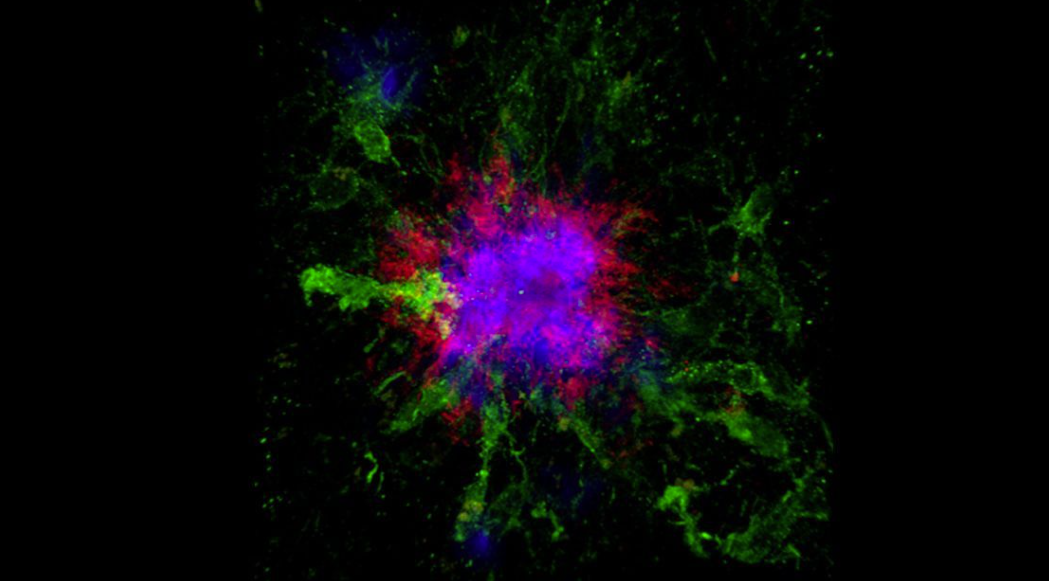Next-gen blue light LEDs could help keep sleep-wake cycles on track
Researchers have designed and tested ‘human-centric’ LEDs that emit different wavelengths of blue light depending on whether it’s daytime or nighttime, reducing the disruptive effect artificial light has on our biological clock. They hope manufacturers… Continue reading Next-gen blue light LEDs could help keep sleep-wake cycles on track
